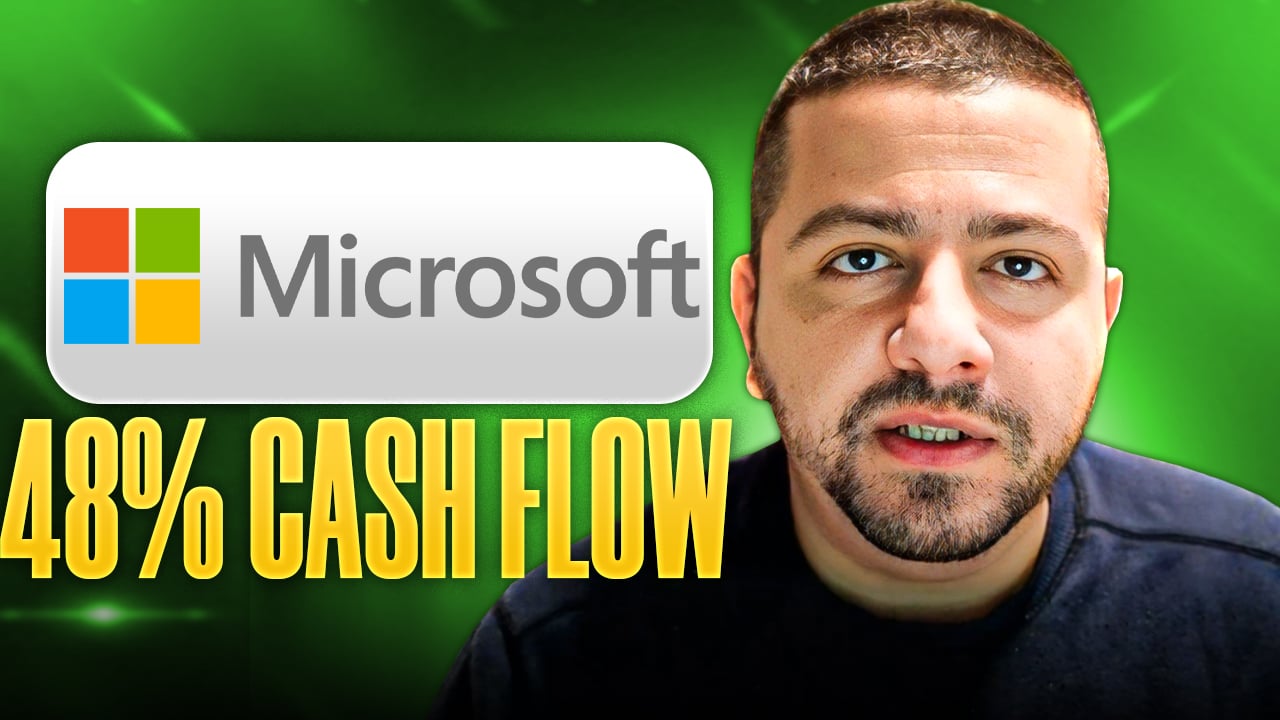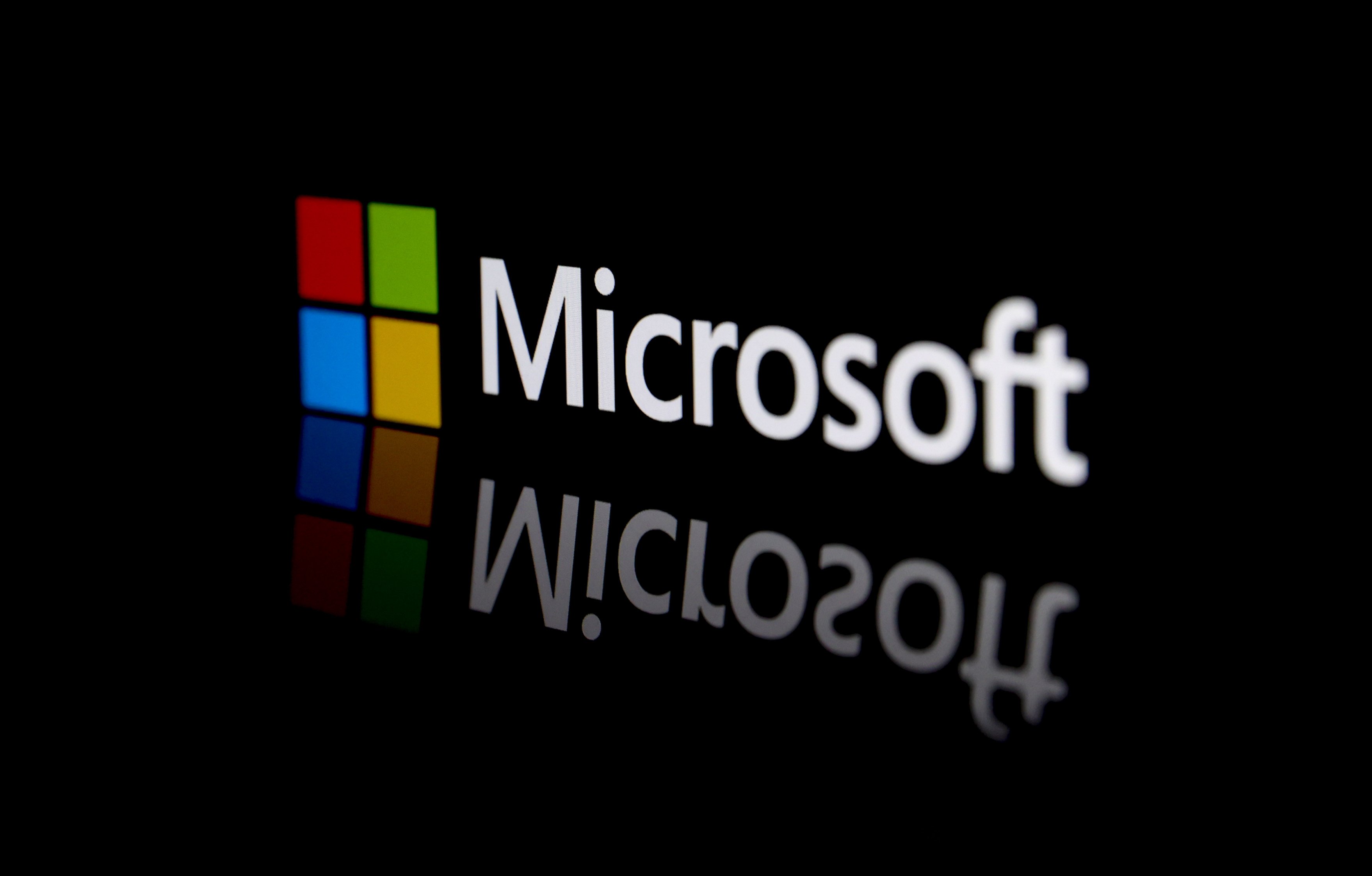Samsung (NASDAQOTH: SSNLF) hasn't launched a Windows Phone since its Verizon-exclusive Samsung ATIV SE last spring. But a recent report from The Korea Times now claims that Samsung is running pilot programs to test the stability of Windows Phone 8.1 on certain devices, indicating that it could launch new Windows Phones in the near future.

Samsung's previous Windows Phone, the ATIV SE. Source: Samsung
The announcement was surprising, since Samsung and Microsoft (MSFT 0.78%) are currently locked in a legal battle over unpaid Android patent royalties. But if a settlement is eventually reached and Samsung launches new Windows Phones, will the partnership be mutually beneficial?
Desperate times, desperate measures
In my opinion, Samsung is only experimenting with Windows Phones again as lower-priced, Chinese competitors like Xiaomi have laid siege to its Android market. Samsung is also losing the high-end market to Apple's iPhone 6, which nullified the large-screen advantage of its earlier devices.
Between the third quarters of 2013 and 2014, IDC reported that Samsung's global market share fell from 32.2% to 23.7%. Its newest flagship, the Galaxy S5, sold 40% less than the S4 during its first three months on the market, according to The Wall Street Journal.
Recognizing a need to part ways with Android and corral users into its own ecosystem, Samsung launched a mobile operating system, Tizen. However, Tizen initially failed to gain traction among app developers, causing its original Tizen smartphone -- the Samsung Z -- to be delayed last year. In mid-January, Samsung finally launched its first Tizen phone, the Z1, in India.
With Tizen still in its infancy, Samsung probably considers Windows Phone an immediate alternative to decrease its dependence on Google and to stop racing cheap Android handset makers to the bottom of the market.
Two losers don't make a winner
Samsung and Microsoft could mutually help each other if demand for their products and services were rising. Unfortunately, Samsung devices and Windows Phone are both losing market share. IDC reports that Windows Phones only accounted for 2.7% of the world's smartphones last year, compared to 3.3% in 2013.
HTC, which watched its market share plunge from 10.7% in 2011 to less than 2% in 2014, also tried to escape the crowded Android market by launching a Windows Phone version of its flagship model, the One M8, last August.

HTC's One M8 for Windows. Source: HTC
But that move didn't reverse HTC's fortune -- both HTC and Windows Phone market shares were already heading in the wrong direction. Huawei, an early backer of Windows Phone, also abandoned the operating system last August. Therefore, it's unlikely that Samsung, despite its leading market position, can fare any better than HTC and Huawei.
Racing to the bottom ... with another OS
Teaming up with Microsoft also won't prevent Samsung from racing to the bottom of the market, since the majority of Windows Phones are now low-end devices designed for emerging markets.
For example, Microsoft's popular Lumia 520 (which costs just $100 unlocked) accounts for 25.4% of all Windows Phones worldwide, according to AdDuplex's December numbers. The higher-end Lumia 925 accounts for a mere 3.3% of that market. Based on a very optimistic projection that Samsung captures 10% of the current Windows Phone market with higher end devices, that would still only add around 0.3% to the company's global smartphone market share.

The Lumia 520 is the most popular Windows Phone in the world. Source: Microsoft
Therefore, if Samsung really wants to make new Windows Phones, it should do so at the lower end of that market. But that move wouldn't make sense, since Samsung already sells low-end Android devices for emerging markets, and consumers frequently favor Android over Windows Phone because of its larger app store (1.3 million vs. 300,000 apps) and Google services.
The verdict
In my opinion, the possibility of Samsung launching more Windows Phones isn't worth getting excited about. It's simply another way for Samsung to diversify away from the commoditized Android market, and it's not all that different from Samsung's previous scattergun announcements regarding smartwatches, VR headsets, and curved smartphones.
I fully expect Samsung to launch a few Windows Phones in the near future, but they'll likely fizzle out and force Samsung to accept the fact that it is now stuck on the same boat as its fading Android rivals Sony and HTC.






